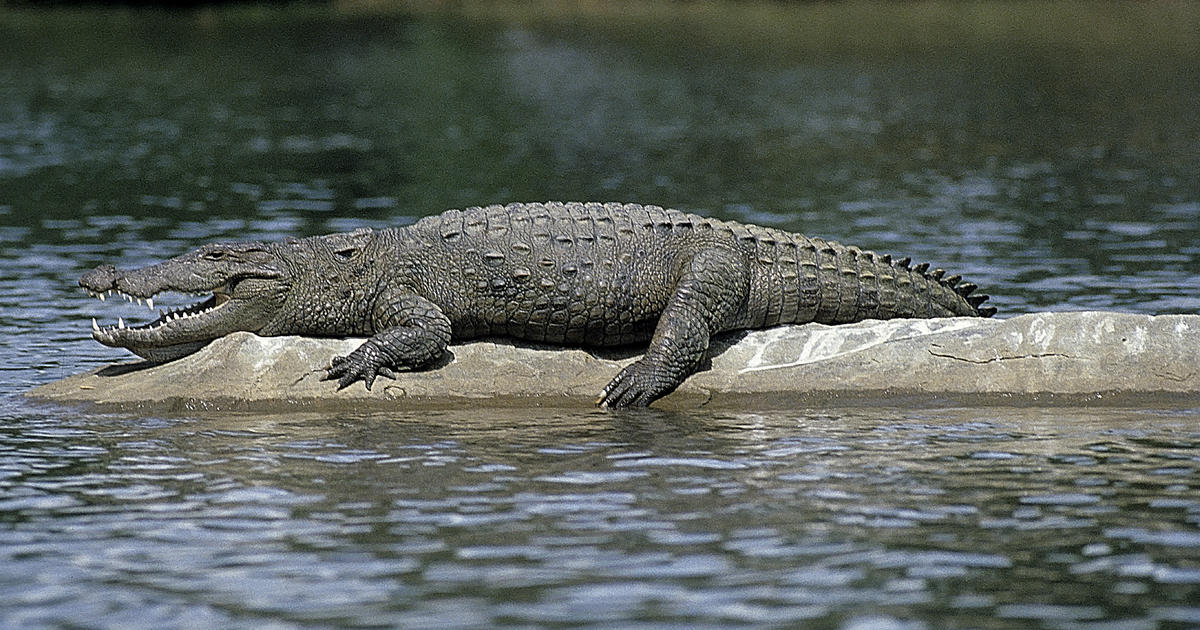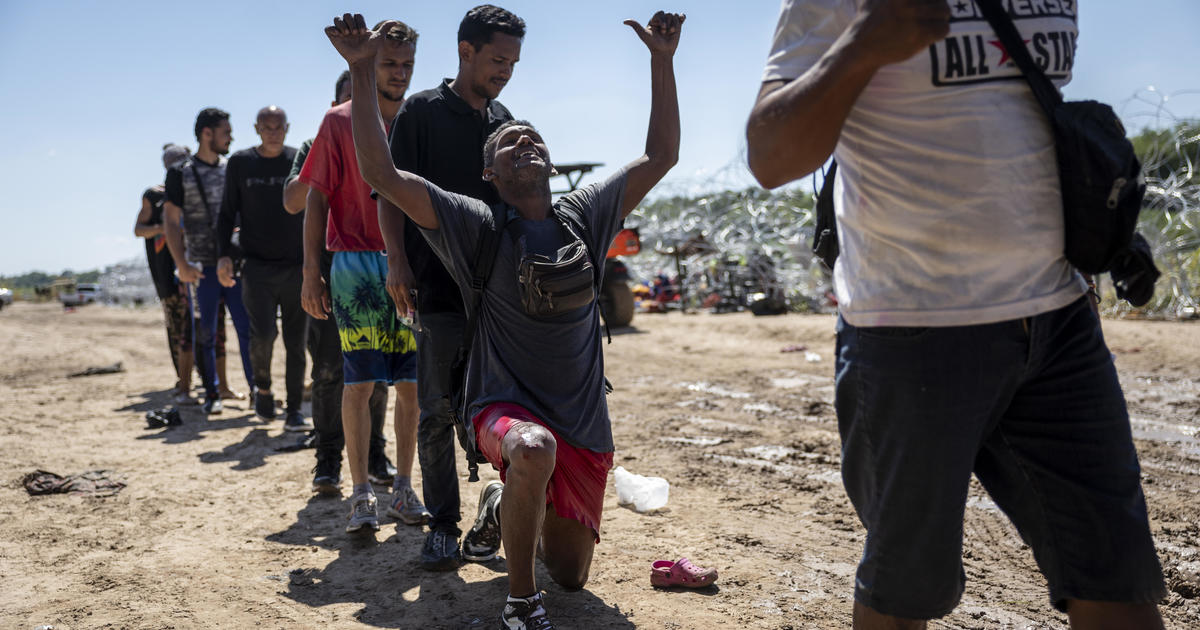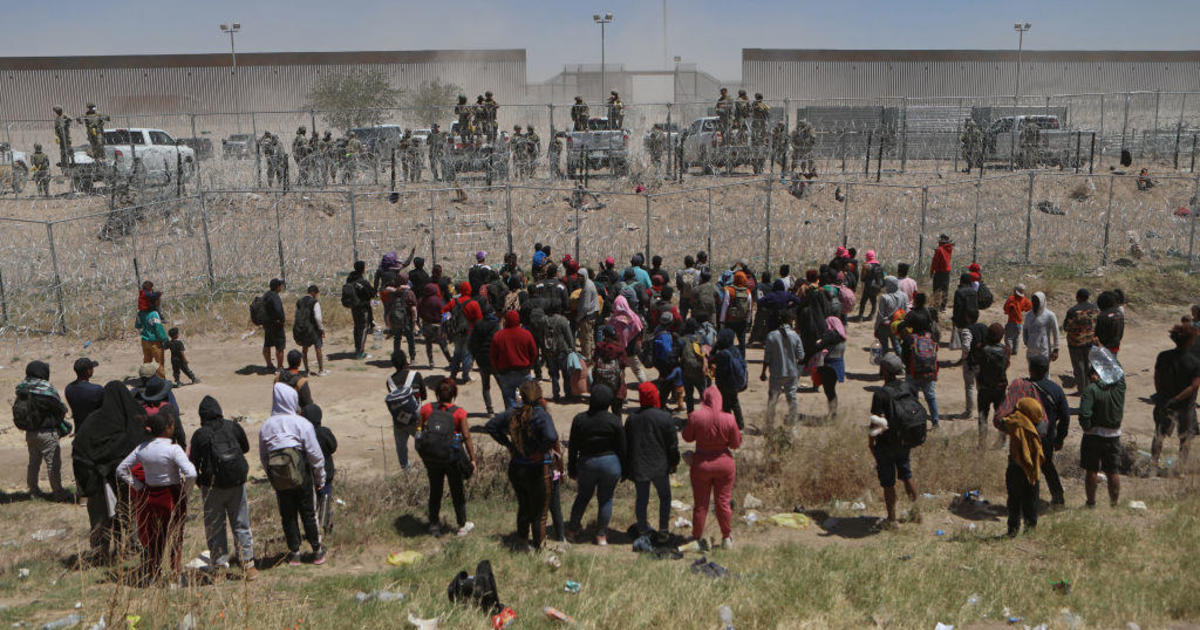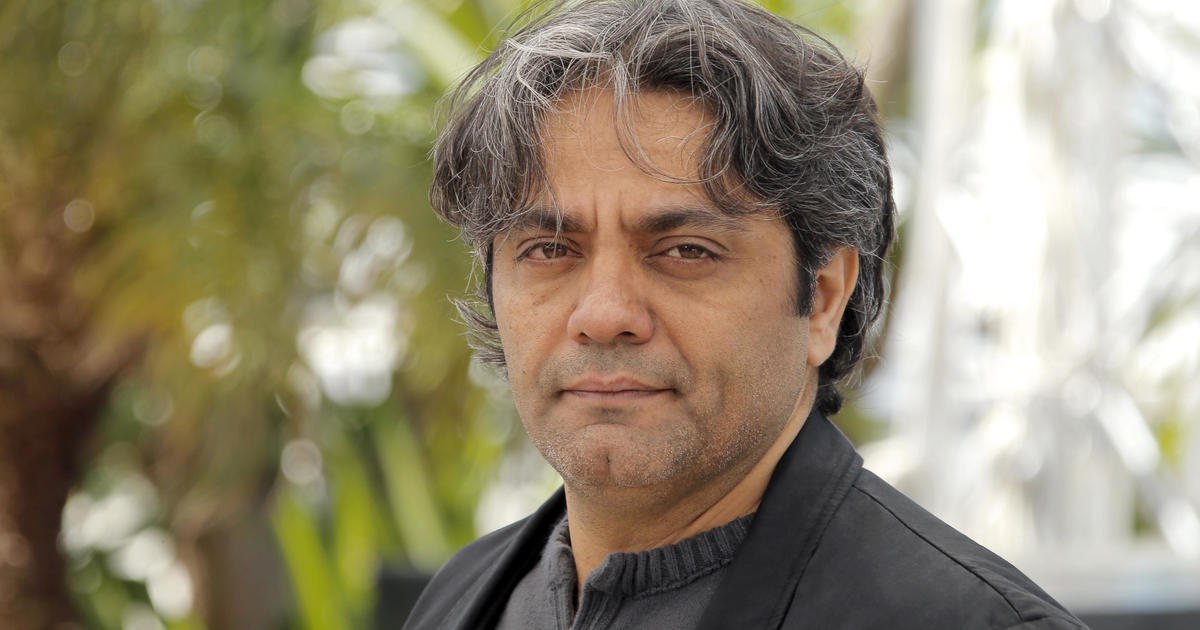Mount Everest deaths "not yet" prompting consideration of rule changes in Nepal
New Delhi -- With at least 11 people losing their lives, this has been the deadliest climbing season on Mount Everest since 2015. But Nepal's government is not yet even considering tightening up the rules for climbers -- including how many are permitted to take on the world's highest mountain at a time.
A senior Nepali official denied news reports that rule changes are already being considered.
"We are currently finding the actual cause of the deaths, and whether or not changes to the rules will be made will be discussed later," Mira Acharya, director of Nepal's Department of Tourism, told CBS News on Thursday.
Two Americans were among the 11 climbers who have died on Everest this season. Chris John Kulish, 62, an attorney from Colorado, collapsed suddenly while descending from the summit on May 27 and couldn't be revived by his Sherpa guides.
Earlier, on May 22, Donald Cash, 55, was the first American to die on Everest this season. He died of high sickness after reaching the summit.
Photographs showing a human traffic jam leading to the world's highest peak amid the spate of deaths have prompted several veteran climbers to criticize Nepali's government over the high number of climbers permitted this year.
This climbing season say Nepal issue 381 permits -- the highest number ever -- which has contributed to the chaos on the mountain on days when the weather is optimal for climbing.
The Nepali government does not assess the health condition of climbers, nor does it evaluate their mountaineering skills; anyone who pays the $11,000 cost is eligible for a permit to climb the Mount Everest in Nepal. Additional costs of equipment and other expenses make it an estimated $45,000 venture per climber.
"That's a huge amount of money for a relatively poor country like Nepal," Col. Ranveer Singh Jamwal, an Indian Army officer who has scaled Everest three times, told CBS News. "It's not in their economic interest to limit the permits, nor should it be their responsibility to scan the health of climbers."
But Jim Davidson, a veteran high-altitude climber who has twice reached the peak, told "CBS This Morning" on Wednesday that Nepal should restrict the number of permits.
"It's hard to set an exact number, but if you keep letting more people come, it's going to get worse every year," he said.
There is growing concern over unfit and inexperienced climbers signing up to tread the dangerous, slippery, narrow path at over 28,000 feet. Their mistakes and lack of conditioning can put the lives of other climbers at risk, said Jamwal.
"One Oxygen cylinder weighs 3 to 4 kilograms (about 6-9 pounds), some climbers carry only two cylinders with them, not enough to survive for about 14 to 16 hours," he said.
"We're up in the 'death zone' at 26,000 feet, so even on bottled oxygen, you're slowly dying," veteran climber Davidson told "CBS This Morning" on Wednesday. "You can feel your energy draining out of your legs and out of your core, and you get disassociated in your mind. It gets very difficult to be up there, just to exist."
"I remember an Indian climber at the Everest base who did not even know how to wear the crampons," recalled Jamwal. "Some climbers want overnight fame and rewards."
At least 18 climbers were killed in 2015 when a massive avalanche hit Everest's base camp. This year's high death toll, however, cannot be blamed on bad weather.



